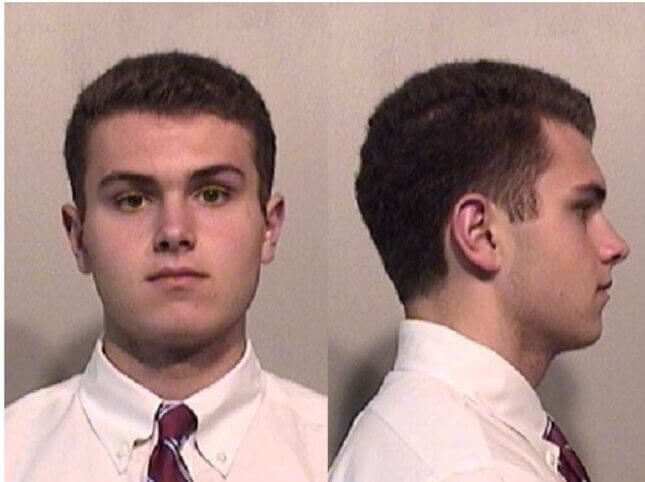Judge Decides, After ‘Praying,’ Not to Send Rapist to Prison
Christopher Belter pleaded guilty to the rape of four teenage girls, and he's only being sentenced to probation.
EntertainmentEntertainment

Last week, Niagara County Judge Matthew J. Murphy III declined to sentence 20-year-old Christopher Belter to prison, after Belter pleaded guilty to the rape and sexual assault of four teenage girls. Murphy instead sentenced Belter to eight years’ probation and required him to register as a sex offender. The judge told the court he had “agonized” over the decision, but that sending Belter to prison “would be inappropriate.” Instead, the probation, Murphy told Belter, would be “like a sword hanging over your head for the next eight years.”
“I agonized. I’m not ashamed to say that I actually prayed over what is the appropriate sentence in this case, because there was great pain,” Murphy told the court, without specifying who had been subject to this “great pain.” He added, “There was great harm. There were multiple crimes committed in the case.”
Despite this “great harm” and “multiple crimes,” Murphy’s prayers have guided him to shield Belter from any kind of meaningful accountability. Notably, in addition to the sexual assault charges to which Belter has pleaded guilty, he also violated the two-year, interim probation he had been placed on in 2018, which restricted his internet use and access to pornography. The interim probation was rendered by Sara Sheldon, who had been the Niagara County judge overseeing the case at the time.
Murphy, who is set to retire next month at New York state’s mandatory retirement age of 70, appeared determined to protect Belter throughout the duration of the trial, asking reporters at an earlier hearing to not publish Belter’s name even though his case had been a public story for years by that point. Belter’s light sentence has since sparked outrage and comparisons to the 2016 case of Brock Turner, known as the Stanford rapist, who was sentenced to just six months in county jail (only three of which he actually served) after being found guilty of rape, because Santa Clara County Judge Aaron Persky expressed concern about the “severe effect” a longer sentence might have on Turner.
This outrage at the coddling of abusers under the law ultimately isn’t new. The criminal justice system has proven time and again to be incapable of providing survivors of sexual harm with justice or protection, despite the fact that those same victims’ experiences are frequently invoked to justify the need for policing and law enforcement agencies. Belter’s case is yet another reminder of the ongoing trauma and dismissal that survivors face within this system, which functions by design to protect abusers (particularly, wealthy, white, male abusers like Belter and Turner).
-

-

-

-

-

-

-

-

-

-

-

-

-

-

-

-

-

-

-

-

-

-

-

-

-

-

-

-

-

-

-

-

-

-

-

-

-

-

-

-








































